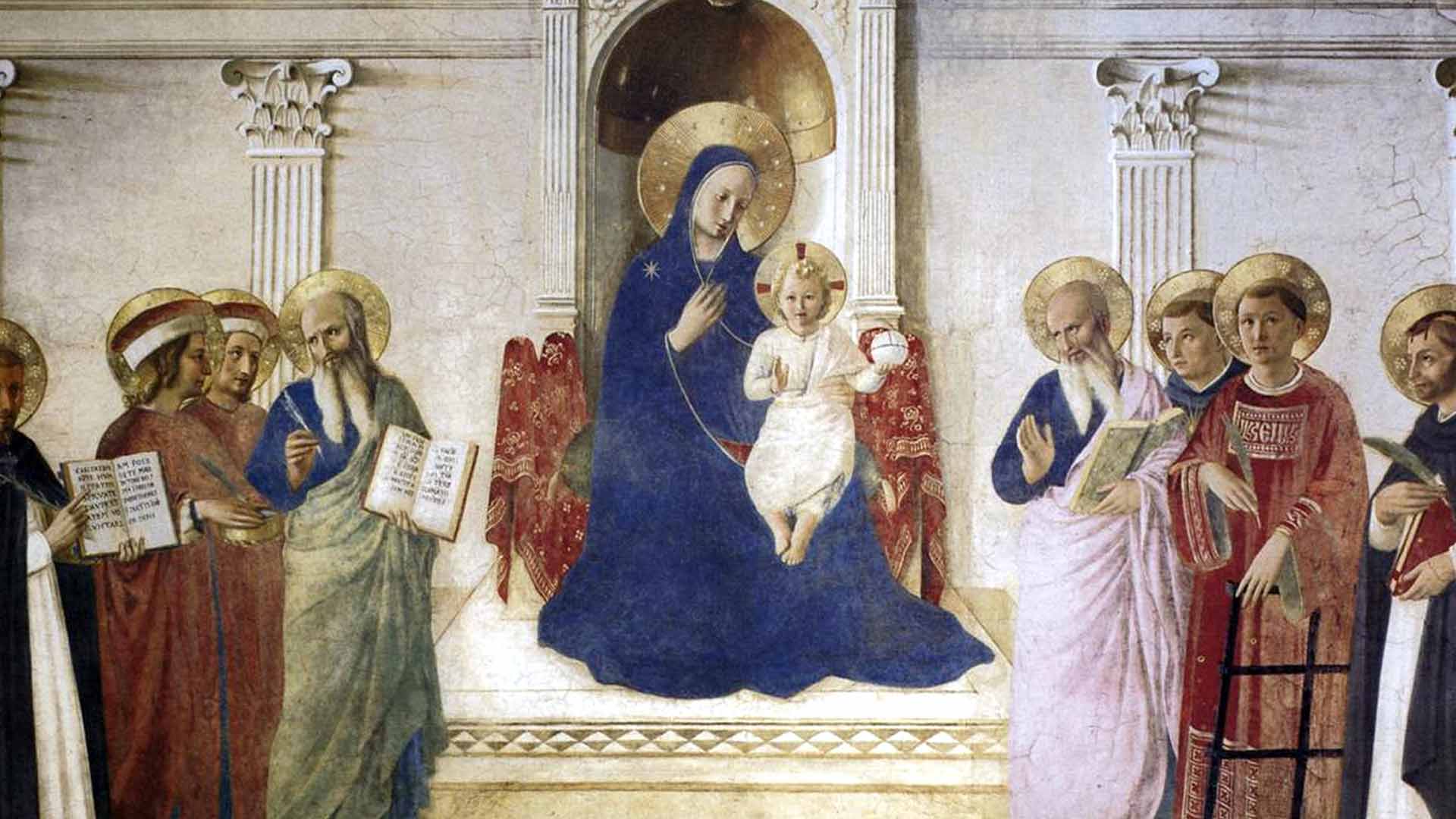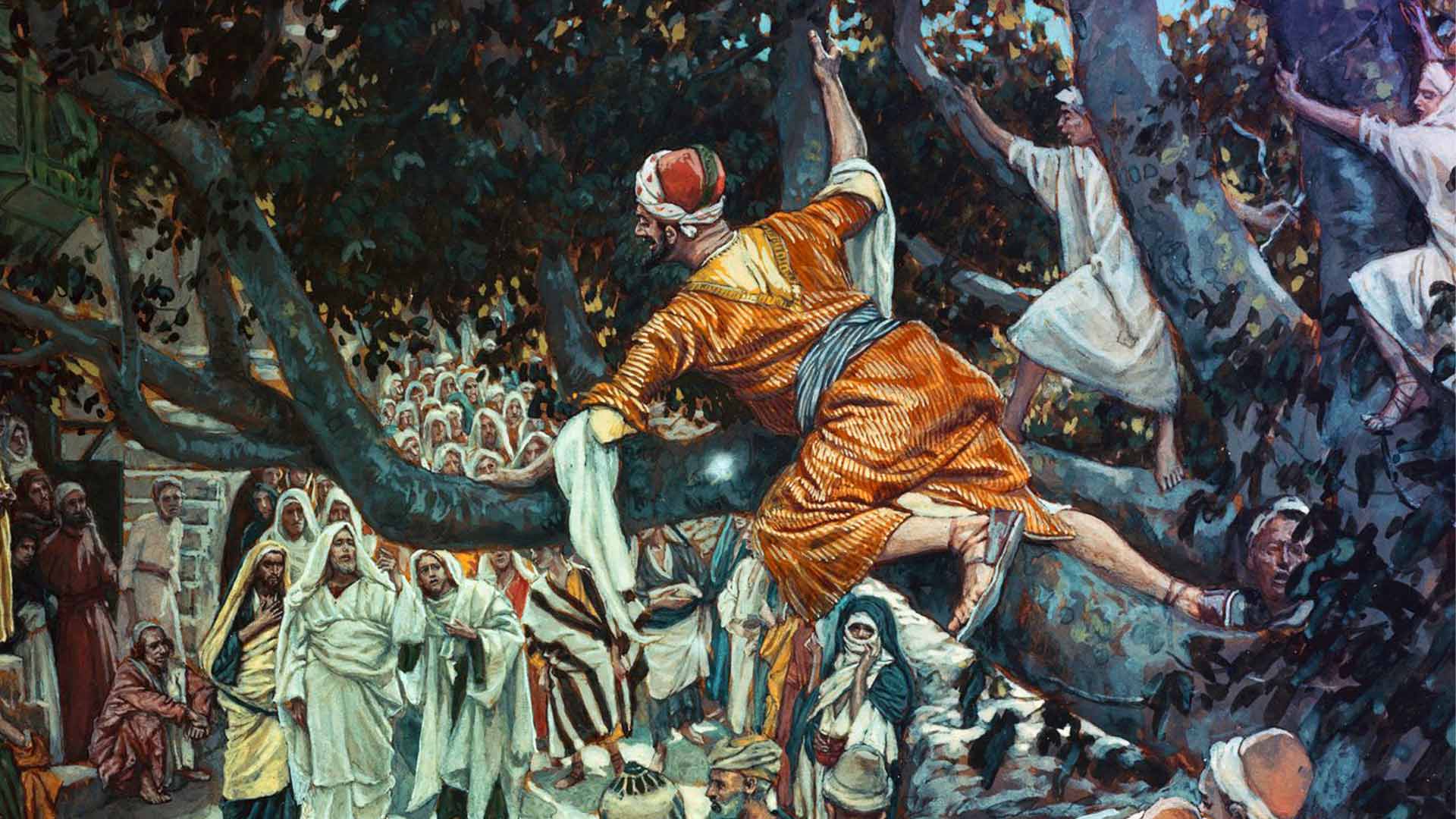Lux in Domino!
The Pastoral Bulletin of our archdiocese is once again in the spotlight. This time around, using Cardinal Newman’s words ‘Lead, kindly Light’ for its title, the editorial (Vol. LX, No. 20, 16-31 October 2022) encourages Catholics to ponder on Diwali, the Hindu festival of lights. Now, light is a universal symbol, possibly one of the most powerful across religions and cultures, so we might shortly be invited to ponder on what light means to the Jews, Muslims, Buddhists, Zoroastrians, and why not, to communists, anarchists and satanists as well! Such efforts at political correctness are sure to propel Renewal into the global spotlight.
The spotlight per se is not the issue; readers are afraid of the bulletin's current editorial policy blocking the Lord’s light. The main purpose of a pastoral publication is to be a beacon to the sheep, guiding them to the right pasture. On the plea of enlightening the sheep, the editor has steered them to other pastures instead. Is this the mandate the sacerdotal class has received from Our Lord Jesus Christ, who said, “I am the Light of the World. Whoever follows me will never walk in darkness but will have the light of life.” (Jn 8: 12)?

The impugned editorial speaks for itself. In a brief introductory paragraph, the editor reports his Divine Master as only one among equals. The remainder of the two-page leading article is divided fourfold: “Celebrations surrounding Divali”, expatiating on the five days of the festival; “Symbolism of Divali”, unravelling four key figures; “Christian Attitude towards Divali”, which carries the editor’s self-invitation to share in the joy and celebration of the Hindu community; and, finally, “Christian Understanding of Light”, in which he barely touches on the issue of Christ’s light at baptism. Earlier, he put the dipa and the nur Allah on par with the Paschal Candle… An absolute melange!
What ought to be our attitude towards the non-Christian festival of lights? According to the editor, “Christians could visit their friends and neighbours during Divali. They need not participate in the religious and faith dimension of the festival but they can surely participate in the social and cultural dimension of the festival.” It isn’t a ‘must not’ (negative obligation) but a ‘need not’ (absence of obligation); so, one is not required to do the thing, especially if one does not want to, but can do it if one wants to. One is completely free to act at one’s own discretion, no holds barred.
Beneath that poorly disguised disclaimer lurks the editor’s tacit approval. Note how over half of the editorial is dedicated to the “religious and faith dimension of the festival” – precisely the thing that Christians “need not participate in”! The lay faithful for their part have traditionally engaged in “the social and cultural dimension”, incurring no censure, by cordially greeting neighbours and/or friends. As a friend of mine says, it is a pity that “good sense observed by the lay faithful since times immemorial is shockingly being violated now by some priests and nuns with all their theological preparation.”
The freethinking editor goes on to suggest as follows: “The Christian could move further from the mere ritual of the festival to a better knowledge and understanding of the festival. The Christian could discover the richness of the symbolism, which crosses the boundaries of religion.” For God’s sake, what boundary crossing is that? A euphemism for a vague, universalist mysticism supposedly superior to all religions? It suggests that pastors have tasted it, so as to feel stimulated to ‘shepherd’ the flock…, er, away from the reality of our religion and of the Living God! What a travesty of our Faith! Is there nothing sacred anymore?
The final step in the editor’s flawed catechesis is here: “Organize inter-religious prayer meetings”, using Diwali “as a forum and an occasion to express solidarity with our Hindu brothers and sisters. Hence, inspired [sic] and dialogue on symbolisms of the festival, people from different faiths could get themselves together for a better bonding and understanding as humans and citizens.” Leaving the broad use of ‘faith’ for another day, what you have there is a mirage!

The said instruction sends the sheep not just to unknown pastures; sadly, it sends them out to the deep sea without a compass! On the one hand, Nostra Aetete, which encourages the study of other religions, states that “dialogue and collaboration with the followers of other religions” has to be “carried out with prudence and love and in witness to the Christian faith and life”. On the other, who can deny that our very own pasture is still relatively unknown to our sheep – largely through the fault of the same priestly class? And how impressive is our “witness to the Christian faith and life”? “I am the Way, the Truth and the Life”: are they words, words, mere words?
Apropos Nostra Aetete, which motivated the establishment of the Secretariat for Non-Christians, later called ‘Pontifical Council for Interreligious Dialogue’, may I point out that it was recently renamed ‘Dicastery for Interreligious Dialogue’, and not Dicastery for Culture and Education, as the editorial states! And there is more. If one “need not participate in the religious and faith dimension of the festival”, why “organize inter-religious prayer meetings”? And, pray tell, what “people from different faiths could get themselves together for a better bonding and understanding as humans and citizens”? For better bonding as humans, there’s nothing better than plain old good sense; and as citizens, we go by the Constitution. So, something terribly wrong there; or maybe, as Lord Polonius says in Hamlet, ‘Though this be madness, yet there is method in it.”
We have detected the first part; but what about the ‘method’? Execution of new-fangled notions by clerics enjoys at least silent consent, if not total approval, from the ecclesiastical authorities; but for fear of opening a Pandora’s box, the laity have been kept in the dark, not to say left in the lurch. It is indeed the intricate art of the slow reveal, although it is already quite evident that a new religion or a new church is on the horizon. The rest of us, however, are confident that “nothing is covered up that will not be uncovered, and nothing secret that will not become known. Therefore, whatever you have said in the dark will be heard in the light, and what you have whispered behind closed doors will be proclaimed from the housetops.” (Lk 12: 2-3)

Is it not abundantly clear that Renewal is sponsoring an eclectic mix of religions? This Diwali, WhatsApp images declaring Jesus as the Light of the World – and yet with a ‘Happy Diwali’ greeting merrily tagged on – made the rounds. The editor of Renewal may not be directly responsible for this faux pas, but we can’t help but wonder if this kind of ‘renewal’ will soon be the order of the day! The incongruity of the message apart, does it not amount to misappropriating concepts from other religions and diluting our own? We can’t feast on such a ‘fruit salad of religions’, can we?
But then, that is how Syncretism works. A cross between two things is neither one thing nor the other; it can even cause strange occurrences like “photosynthesis of human living” [sic], to which the editorial makes a passing reference. Be that as it may, no photosynthesis can ever take place using earthen lamps! We always need the Light of the World.
Repentant and Ready
As the curtain gradually comes down on the liturgical year, the readings focus on the Last Things: Heaven, Hell, Death and Judgement. Unfortunately, there is a strange conspiracy of silence over those four realities associated with the end of the world. They are seldom mentioned in homilies, sermonettes or sermons, but it is in the fitness of things to exercise our minds and hearts in this regard. They form an integral part of our Lord’s command “Go into all the world and preach the Good News to everyone” (Mk 16:15), the Good News being that of our eternal salvation.
The First Reading (Wis 11: 22; 12: 2) expresses King Solomon’s faith and trust in God’s omnipotence. The son and successor of David bows in deep humility before the One for whom the world is but a speck. His creation continues to exist because He wills it. He lauds His mercy and love. By His infinite love, He corrects “little by little those who trespass”; He gives us a long rope but also warns us. He wants us to be happy through our participation in the divine life. Not even philosophers had come upon such a marvellous doctrine before.
If we pause to review how well we accept God’s gentle interventions, which come in least expected ways, we will see that He is kind and compassionate, slow to anger and abounding in love. His ways are so different from ours that we sometimes distrust them. His message may not be music to the ears but is the truth nonetheless. We ought to thank the Lord and praise His Holy Name, which, alas, the rich and famous sometimes fail to do.
Zacchaeus in the Gospel (Lk 19: 1-10) was an exception to that rule. A rich tax collector, he yearned for a divine encounter. He felt rewarded when Jesus visited his home. There were murmurs, because as per the Jewish law communicating with sinners meant impurity. To them, it was a scandal; to Zacchaeus it meant a change of heart. The people did not realise that the Son of Man had come “to seek and to save the lost”. Indeed, what a difference it made in Zacchaeus’ life! His act of renouncing material goods was a sign that he was ready to receive spiritual goods.
Don’t we have a standing invitation to redirect our gaze to Heaven? It pays a hundredfold to seek the Lord and His Kingdom. The peace and joy that fills us is invaluable; the treasure that awaits us in Heaven, incomparable. Hence, we should live dignified lives, worthy of the Lord’s call.
In that regard, St Paul’s message (2 Thess 1: 11; 2: 2) in the Second Reading today is ever relevant. Like us, the Thessalonians too lived in times of persecution and tribulation, which put their Christian vocation to the test. They believed the end of the world was imminent. The Apostle of the Gentiles moderates their euphoria and gives them hope of the time when Jesus comes again in His glory: those who once faced trouble for His sake will now find rest and consolation; they will be glorified, whereas their persecutors will go to their eternal damnation.
When we are assailed by temptations and fears, we must not be shaken. There are both true and false prophets in our midst; we must not rush or feel excited but be calm and discerning. We must work to let His Kingdom come here on earth. We must repent for our sins and be ready to receive our reward. For one thing is sure: God is in control of every situation and will not allow His Bride, the Church, to face defeat. Similarly, we have the reassuring words of Our Lady, Mother of Jesus and of the Church: “In the end, my Immaculate Heart will triumph.”

